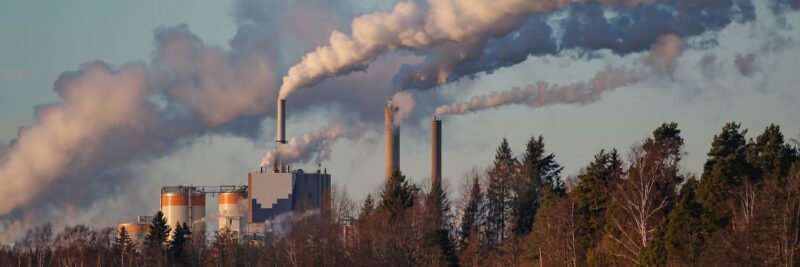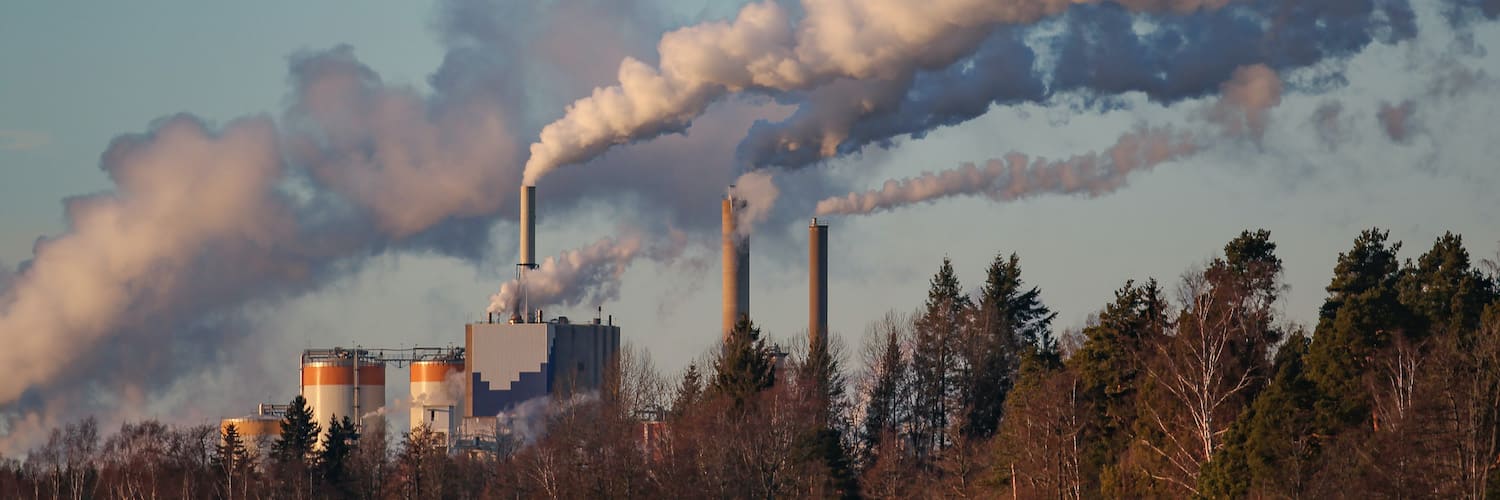What is the cancer burden associated with occupational exposure? A new review shows that the question needs urgent attention, given under-reporting and current difficulties in estimating the global burden.
The review, in Molecular Oncology, highlights how millions of workers are exposed daily to crystalline silica in mineral dust, diesel engine exhaust emissions, welding fumes and wood dust.
“If employers are successful in controlling exposure in the workplace, the fraction of lung cancer attributable to occupational exposure would be reduced dramatically”, say the authors, from the International Agency for Research on Cancer (IARC) and the Institute for Risk Assessment Sciences, Utrecht University.
They review studies that use the “population attributable fractions” metric to estimate the proportion of cases that would have occurred if exposure had not been present. Together, exposure to crystalline silica, diesel engine exhaust emissions and welding fumes account for half of the occupational PAF for lung cancer, they say.
Lung cancer is the most prevalent occupational cancer, with an estimated PAF between 18 and 25% in the male population, followed by mesothelioma and bladder cancer. National studies in the United Kingdom, France and Canada suggest that nasopharyngeal tumours and non-melanoma skin cancers (NMSC) are also among the top five occupational cancers.
The publication reports the association between nasopharyngeal tumours and exposure to wood dust and formaldehyde, as well as non-melanoma skin cancers (NMSCs) in workers exposed to solar radiation and substances such as coal tars and pitches, mineral oils and arsenic.
It highlights possible variations due to differences in the manufacturing and composition of different materials. The composition of organic dust can vary dramatically when working with different moisture levels, and exposure to substances generated by combustion can also vary according to where the emission takes place (surface or underground mining, for example) and type and age of engine.
Another warning is that many occupational exposures have a larger effect on smokers. An analysis (the SYNERGY Project) of the interaction between smoking and exposure to occupational lung carcinogens showed the effect of both exposures exceeded the sum of each individually.
According to the World Health Organization (WHO), there were 472,124 deaths attributable to occupational cancer in 2018, equivalent to 53% of the total deaths due to work-related chronic diseases. Nevertheless, the numbers could be a major underestimate.
“The prevalence of process-generated substances in the majority of countries, including low-and middle-income countries, is largely unknown, because few studies have been conducted locally”, say the authors, Ann Olsson, epidemiologist at IARC and Hans Kromhout from Utrecht University.
Limited available data means that PAFs, criteria for defining prevalence of occupational cancers and levels of exposure are not easily comparable in studies. Methodological differences also call into question the sensitivity of occupational exposure estimates, say the authors.












